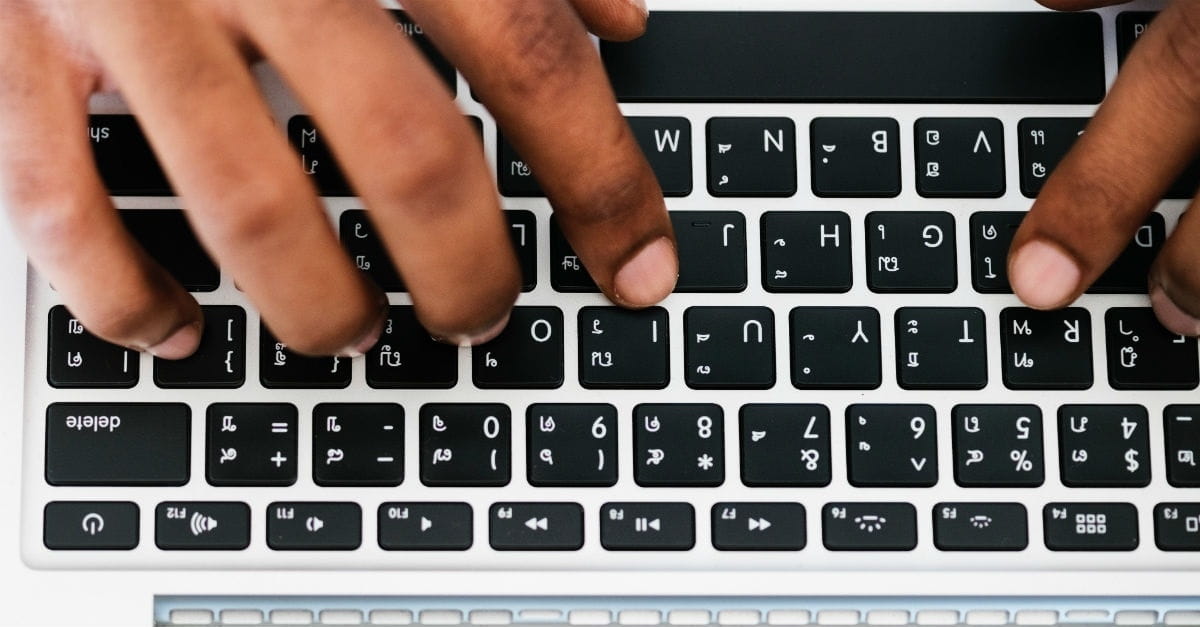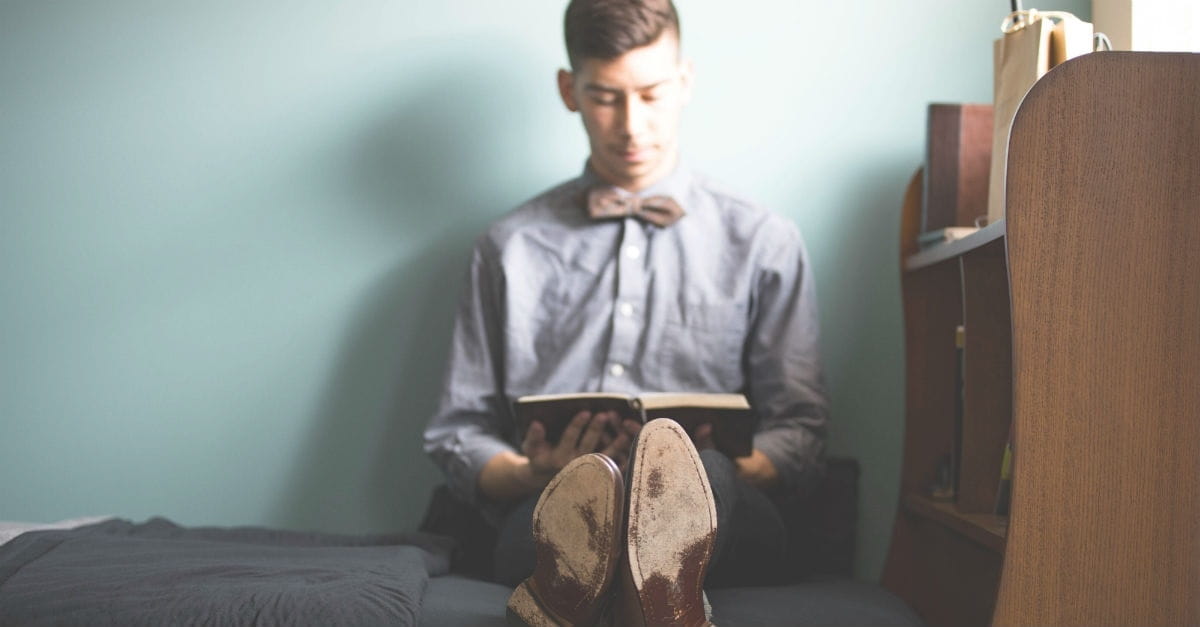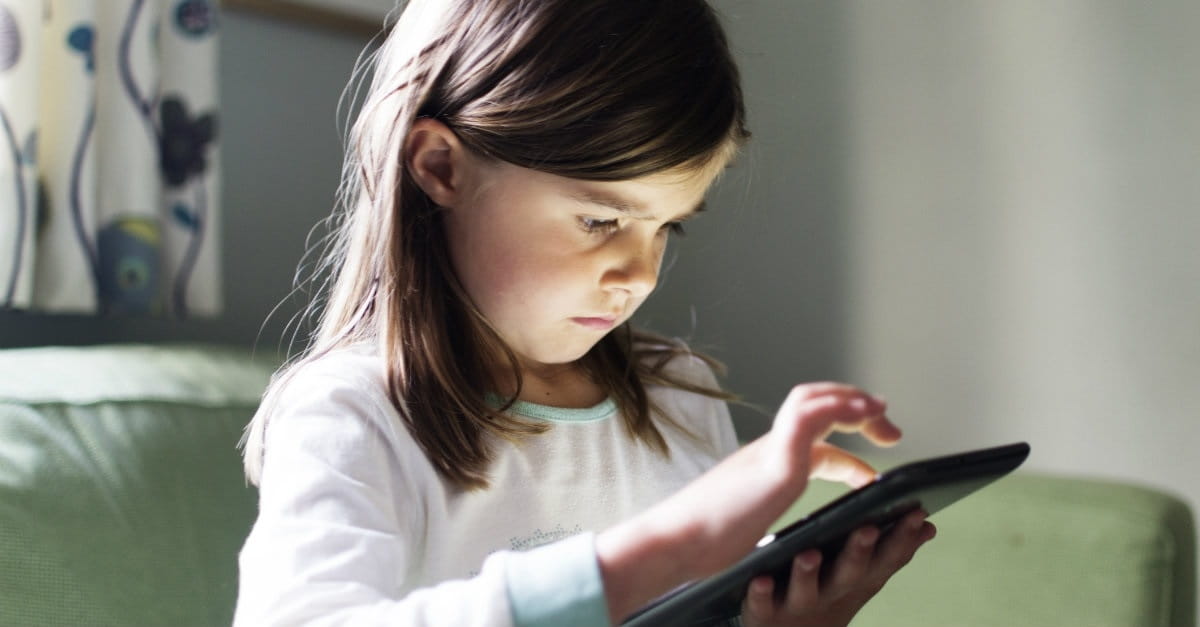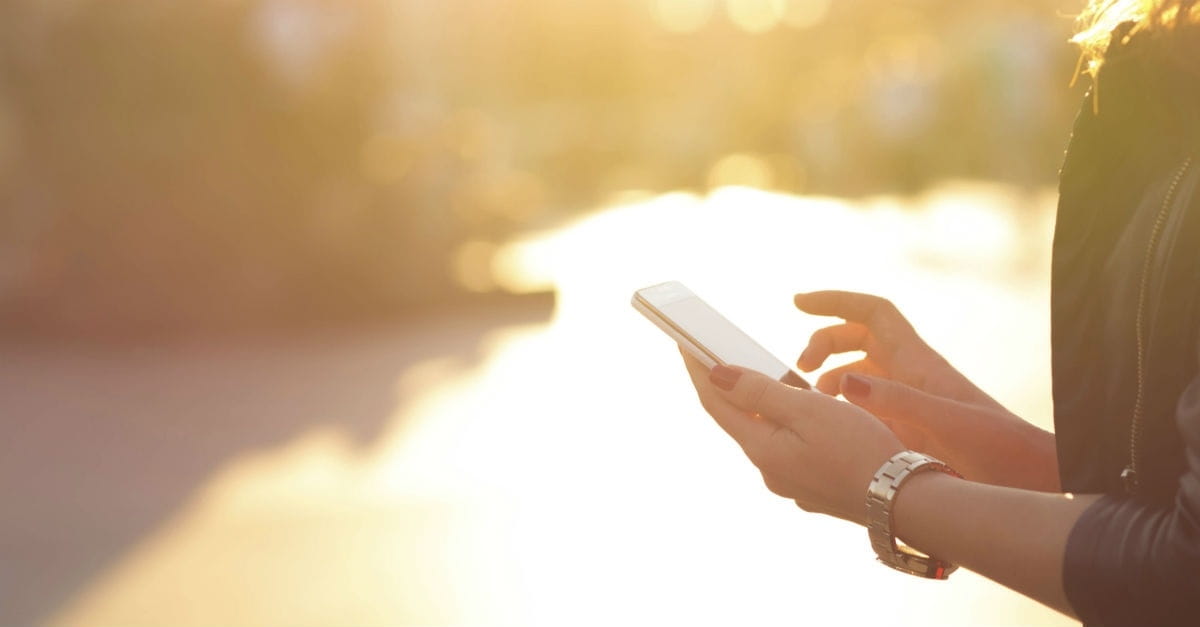
I just finished a week-long digital fast. Parts of it were difficult, and other parts were surprisingly easy, but most of all it was refreshing to be away from my screens and away from the internet as much as possible.
As part of my pastoral ministry class at RTS I assigned a digital fast for all 30 students, and I told them that I would join them in the experience. To make even more people happy, I made my whole family join in the fast with us. While we weren’t able to completely detach from all digital technology, we did the best we could from March 4 to 11. These were the rules:
1. No smart phones for the week except for calls and texting. I also allowed the use of Google Maps and a weather app. But no games or other apps on the phone.
2. No television or movies.
3. Computer use was allowed for work purposes. We are too tied to our computers to feasibly require students (or professors!) to keep the computer closed all week.
4. No internet usage on the computer, unless absolutely required for work purposes. No games or streaming.
5. No social media whatsoever.
6. I allowed everyone (myself included) to check email only once a day (and no keeping it open all day as your one turn).
7. If a student felt like there were essential reasons to break one of these rules, they had to mark that down in a logbook and report it to me at the end of the week.
Photo Credit: Unsplash
So how did I do?

I would give myself an A on the rules pertaining to television, movies, games, and social media. I didn’t turn on or check any of these things.
As for general internet usage, probably a B+. I didn’t go online intentionally, but I did follow a few links that were sent to me over email. I also needed to find some old blog posts for study purposes. I thought that was a legitimate use of the internet (more like a library than entertainment or distraction).
Limiting myself to one email check per day was challenging. I kept to the rule fastidiously most of the week, but there were a couple days where I needed (or I thought I needed) to keep up with some important emails going back and forth, and so I checked a few times, but still much less than my usual rate. Overall, maybe a B- in this category.
My kids did pretty well with the week considering I took away their phones and iPads and turned off the television. They didn’t complain (much). We did, however, allow a cheat or two for sick kids or for those who were babysitting their siblings.
For as much as I’m usually tied to my phone and email, I was really looking forward to the digital fast. I knew it would be good for and good for my family. I’m not ready to throw out all my technology (I’m blogging these reflections after all!), but there are a number of lessons I’m processing from the last week—not lessons that will be surprising to most people, but important nonetheless.
Photo Credit: Unsplash
1. I didn’t miss social media at all.

I thought I might, but instead it felt freeing to be away from Facebook and Twitter and the fever swamps of the blogosphere. I’m not going to quit social media, but hanging out there less sure seems like a good idea. I’ve thought for quite some time that scrolling through social media (especially Facebook and Twitter) has not made me happier or holier. Besides, it can be such a time waster. I found myself picking up a book to read or helping around the house in the little cracks of the day, instead of taking 10 minutes to scroll through the latest round of hot takes.
Photo Credit: Unsplash
2. We have allowed our kids too much time on their devices.

My wife and I are still trying to determine what some workable rules look like, but we know tighter time constraints are in order. It was great to see the kids work on a puzzle, take out board games, and call on each other to play, as opposed to vacating in front of their own screens. It was also nice to be free from constantly monitoring device usage and calling for their attention.
Photo Credit: Thinkstock
3. We depends more on our devices than we realize.

During the week I’d pick up the phone to look up some factoid or to search out an article or get more information about some famous person, and then I’d remember, “Oh right, the fast.” I’m used to having all the information in the world literally at my fingertips. I “fell behind” on the week’s news (as if any of us is “caught up”). I didn’t even realize we needed to change our clocks until someone not on the fast told me on Saturday.
Photo Credit: Thinkstock
4. We use our devices as treats throughout the day.

I’m used to my phone or the television being my brain break after a day (or 20 minutes!) of hard work. I watch little television—Jeopardy, sports, and that’s about it. Still, I did miss the availability of putting on a game in the background at night, or of watching March Madness in my hotel room at the end of a long day. What I didn’t miss was the constant distraction of looking to my phone every time my attention span wobbled.
Photo Credit: Unsplash
5. We need better email habits.

Or at least I do. On the good side, I generally respond to emails quickly and keep my (main) account at or near zero. On the bad side, the way I make this happen is by checking my email a bazillion times a day. Although it was hard to limit myself to one check a day (and I don’t think that’s workable in perpetuity), this approach certainly has its advantages. Because I could only check once, I made sure that one time would count. So I wasn’t about to check email waiting in line at the grocery store, or first thing in the morning, or in the five minutes between meetings. I checked when I knew I had at least 45 minutes to respond to as many emails as possible. This meant that I took care of everything I could on the spot. It also meant that once I was done, I was done. I didn’t feel the pressure to keep my inbox at zero. All the productivity books talk about limiting time spent on email. There’s nothing revolutionary here. But experiencing it for a week, I want to limit myself to a set number of checks each day, rather than being tethered to email constantly. I may miss some banter that would have been enjoyable, and I may be late to a few time-sensitive emails. But more than we realize, most emails can wait or plain old be ignored.
Photo Credit: Thinkstock
Less is more.

So in the end, my takeaway from the digital fast is simple: less is more. We all know that, but few of us are willing to do it. I’m convinced almost all of us would be happier, healthier, holier, and more productive if we checked email less, checked social media less, turned on the television less, went to the movies less, picked up our phones less. To be sure, there is Christian liberty in all this, but on the other side of my fast I am more determined not to use to my liberty as a license for bad habits that don’t help me as a pastor, a husband, a father, or as a Christian pursing Christ.
Kevin DeYoung (MDiv, Gordon-Conwell Theological Seminary) is senior pastor of Christ Covenant Church in Matthews, North Carolina, board chairman The Gospel Coalition, assistant professor of systematic theology at Reformed Theological Seminary (Charlotte), and a PhD candidate at the University of Leicester. He has authored numerous books, including Just Do Something. Kevin and his wife, Trisha, have seven children.
This article was originally published on TheGospelCoalition.org. Used with permission. Find more of DeYoung's work here.
Photo Credit: Unsplash